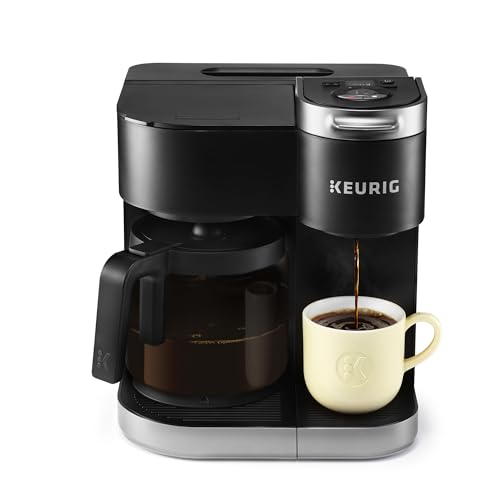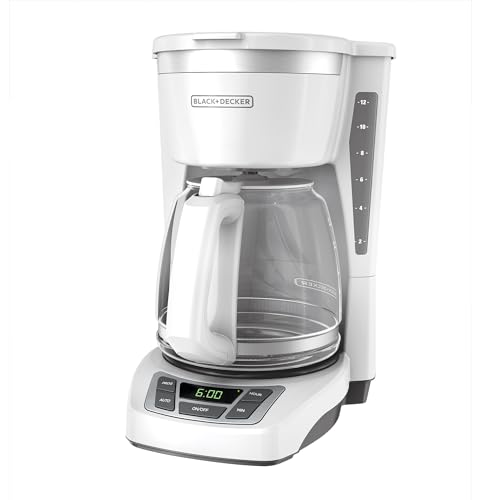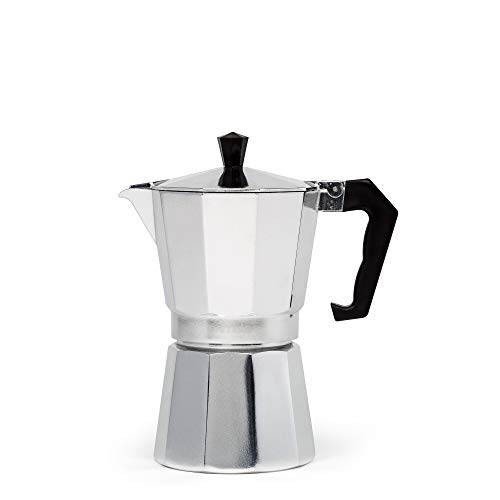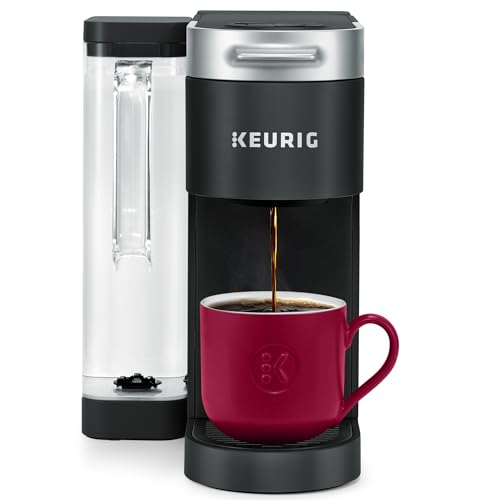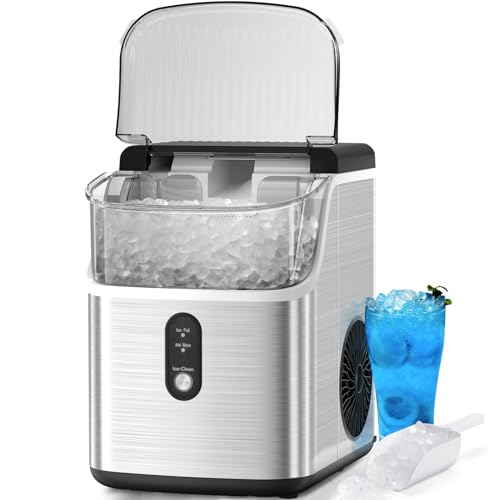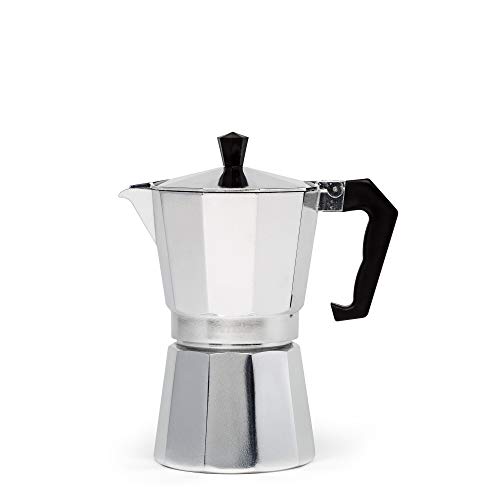“How To Change Water Filter In Fridge” is an essential guide for every homeowner. The importance of clean and safe drinking water cannot be overstated. A refrigerator with an in-built water filtration system provides a convenient and cost-effective solution for access to purified water at home.
However, to maintain the quality of the water, it is necessary to regularly change the filter. This process, while crucial, can be confusing for first-time users or those unfamiliar with their appliance’s specifics.
This guide aims to simplify this task and ensure that your fridge continues to dispense clean, fresh-tasting water. We will walk you through a step-by-step process, providing clear instructions and useful tips to make this task a breeze. Before we dive into the main steps, let’s understand why it’s so important to change your fridge’s water filter.
How To Change Water Filter In Fridge
The water filter in your fridge plays a vital role in filtering out impurities, contaminants, and chlorine from your drinking water. This ensures you always have access to fresh, clean, and safe drinking water right from your fridge. However, over time, the filter can get clogged with these impurities, which can affect its efficacy and the taste and odor of your water.
Firstly, it’s essential to determine the exact location of your filter. In most modern refrigerators, the water filter is located in the upper right-hand inside corner or on the bottom panel. Some older models might have it located at the back of the fridge, so it’s important to check your model’s instruction manual.
Once you’ve located the filter, the next step is to remove the old one. To do this, you usually turn it counterclockwise or depress a button to release it. Make sure to place a towel beneath the filter area to catch any water drips. After removing the old filter, it’s a good practice to dispose of it responsibly.
Next, take your new water filter and remove the protective coverings. Before installing, check if it requires soaking or rinsing. Once ready, insert the filter into the slot and turn clockwise until it locks into place. Some models might require you to push the filter in until it clicks into place.
Finally, once the new filter is installed, it’s crucial to flush it. This involves dispensing several gallons of water from the water dispenser to clear out any remnants. Remember, the initial water dispensed might contain carbon dust, so it’s best not to consume it.
In conclusion, changing your fridge’s water filter is a relatively simple process that can have a significant impact on the quality and taste of your water. Regular maintenance is key to ensure your refrigerator continues to provide clean and safe drinking water.
See more: How To Reset Water Filter On Samsung Fridge
How To Dispose of The Old Water Filter
Disposing of your old water filter properly is just as important as changing it. Incorrect disposal can have harmful environmental impacts. Here’s a simple guide to help you dispose of your old water filter responsibly and sustainably.
First, it’s important to know that you should never throw your used water filter directly into the trash. Although it may seem like the most straightforward method, it can lead to harmful contaminants ending up in the landfill, potentially leaching back into the ecosystem.
Many manufacturers have their own recycling programs. You can check your filter’s packaging or the manufacturer’s website for information. If such a program exists, you can typically mail your used filter back to the manufacturer, who will then take care of recycling it responsibly.
Alternatively, you can consider recycling your water filter at your local recycling facility. Be sure to call ahead and confirm if they accept water filters. Also, remember to drain any remaining water from the filter and put it in a sealed plastic bag before you take it to the facility.
Some communities offer special recycling events or hazardous waste disposal days. These are excellent opportunities to dispose of your used fridge water filters, along with other similar items. Check your local municipality’s website for information about upcoming events.
If there are no other options, you can also send your used water filters to third-party recycling centers. Companies like TerraCycle specialize in recycling hard-to-recycle waste, including water filters. They will typically recycle every part of the filter, reducing waste and making the most of the materials.
In conclusion, there are several options available when it comes to disposing of your old fridge water filter. No matter which method you choose, the important thing is to dispose of it responsibly. By doing so, you can ensure you’re doing your part to protect our environment.
FAQs
To keep your fridge’s water filtration system working optimally, you need to understand your appliance well. Each model has unique features, and the filter replacement process might vary slightly. So, having a good grasp of your fridge’s specifics and the manufacturer’s recommendations is crucial.
How often should I change the water filter in my fridge?
The frequency of changing your fridge’s water filter largely depends on your usage and the manufacturer’s guidelines. As a general rule, it is recommended to replace the water filter every six months.
However, if your fridge is heavily used, or if your local water supply carries a lot of sediment, you might have to replace the filter more frequently. Regular filter changes ensure a steady flow of water and ice from your fridge and keep your water tasting fresh.
Can I clean and reuse my water filter?
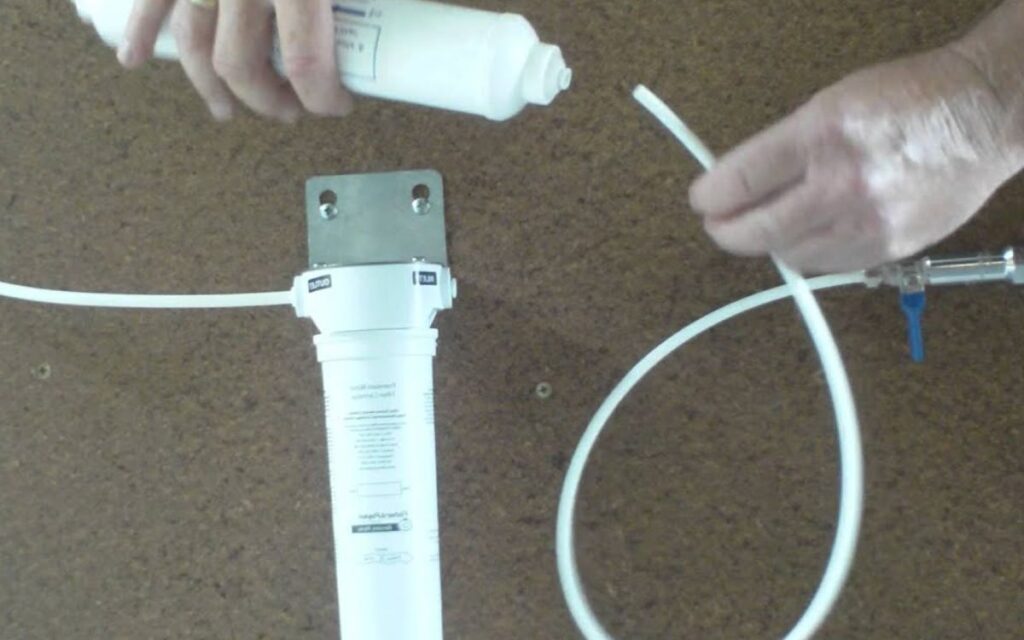
Most refrigerator water filters are made to be disposable, meaning once they’ve reached their capacity, they need to be replaced. Cleaning an old filter and reusing it is not advisable as it may not effectively remove contaminants from your water.
Additionally, the filter material might degrade over time, making it less effective at trapping contaminants. Always follow the manufacturer’s instructions on filter replacement to ensure your water remains safe and clean.
What happens if I don’t change my water filter?
If you don’t change your water filter, it can become clogged with impurities, affecting the taste and odor of your water. Over time, the filter’s efficiency in removing contaminants decreases, which means you may be drinking unfiltered water.
Moreover, a clogged filter can slow down the water flow to your ice and water dispensers. In extreme cases, it can also lead to damage in your refrigerator.
Can I use any brand of water filter in my fridge?
It’s best to use a water filter that is specifically designed for your refrigerator model. Using a non-compatible filter might result in water leaks, poor performance, or even damage to your refrigerator.
Check your refrigerator’s user manual or the manufacturer’s website to find out what type of filter is compatible with your model. Always choose a reputable brand that guarantees the removal of contaminants to ensure the safety and taste of your water.
Final Thought
Maintaining the quality of your drinking water is of paramount importance. A well-functioning water filter is critical in ensuring that your refrigerator continues to supply fresh, clean, and safe water for all your drinking needs. Regular replacement and responsible disposal of old filters not only safeguard your health but also contribute positively to the environment.
Buying a good-quality water filter from a reputable brand is an investment. It guarantees that you and your loved ones are consuming water free from impurities and contaminants. It’s also essential to follow the manufacturer’s guidelines on filter replacement frequency.
Remember, ignoring the signs of a worn-out filter can lead to unpleasant tasting water and a reduction in water flow. In worst-case scenarios, a clogged filter might even cause damage to your refrigerator. Therefore, replacing your water filter at regular intervals is a small but crucial step in maintaining your appliance’s health.
Finally, always dispose of your used filters responsibly. Make the most of recycling programs, special community events, or third-party recycling companies. Every step you take towards responsible disposal and recycling contributes to a healthier and greener planet.
